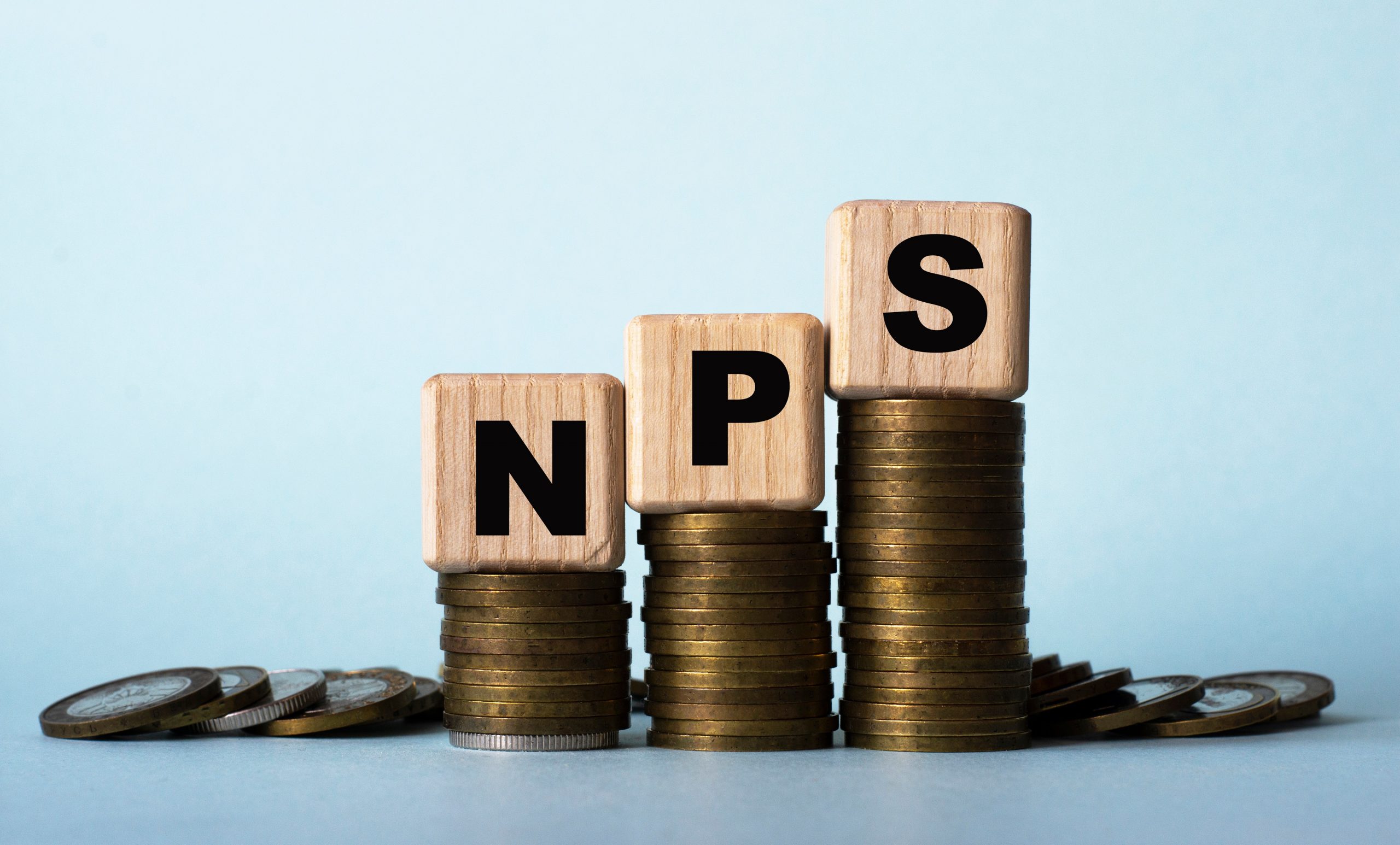For most of us, retirement may seem to be a long way off. It may look like we have a lot of time on our hands to plan for the retirement of our dreams, but more often than not, it arrives sooner than we anticipated. The key to a stress free retirement is having a great retirement plan, one that not only meets all your needs, but also gives you more than that. While there are many retirement plans that are at your disposal, not every plan suits your requirements. It is crucial that you take the time to sort out your priorities and decide a retirement plan before you proceed with it.
The National Pension System, introduced by the Government of India in 2004, is among one of the most beneficial retirement plans. Apart from the trust that comes with being associated with a government fund, it also provides substantial benefits and a healthy monthly compensation as pension after your retirement. The NPS is a great tool, not only for planning your retirement, but also to help with your taxes.
Tax Free Money on Maturity?
Yes, investing in the NPS effectively makes your accumulated corpus tax-free on maturity. According to the current rules on taxation, if you are a subscriber to the National Pension System, you are eligible to withdraw 60% of the corpus at maturity, completely tax-free. For the remaining 40% of the corpus, you are required to buy an annuity, which is also exempted from the taxation systems. This effectively means that the entire corpus we invest becomes tax-free.
However, the monthly payments that you receive as pension after your retirement will be taxable, which will qualify under the base tax exemption limit. This means that only a portion of that income will be taxed.
Since the National Pension System is a government retirement plan, the taxation rules are very investor friendly, which makes it an attractive venture for us all.
A true-blue retirement plan?
As young individuals, we all think retirement is far away, and that we have time to save up for it. While we are busy living our lives, our retirement age dawns upon us sooner than we realise. It is important to make savings that can help us lead our desired lifestyle even after retirement.
Moreover, starting early means that we can accumulate a higher corpus, which can lead to more payouts. The lock-in period of NPS until our retirement is a blessing in disguise because it prevents us from misusing our retirement funds for unnecessary expenses. We can still opt for a loan in case of emergencies, but we cannot get a loan for our expenses post retirement. It is important that we start saving early and restrict ourselves from using the amount for other miscellaneous expenses.
Highly regulated at super low costs?
The National Pension System is regulated by the Pension Fund Regulatory and Development Authority (PFRDA), which is a government body, assuring the protection of your rights and interests with utmost efficiency. This is a crucial aspect, taking into account the long term investments which concern your life after retirement. The financial goal in this scenario is to ensure a good, stable life after retirement, which is among the most important but vulnerable phases of your life.
A Diverse Portfolio?
The amount you invest into your NPS account is pooled together into a larger investment fund, which is then further invested into the market by fund managers vetted by the PFRDA. These investments are made in a diversified portfolio comprising government bonds, bills, corporate debentures, and shares. Over time, these investments multiply and form a substantial corpus, a part of which you can withdraw as lump sum post retirement.
Furthermore, NPS also allows you the provision to choose from multiple fund managers and different asset allocation options. Depending on your risk and return expectations, you can choose the options that best suit your needs. You can also switch between funds if the performance is not upto your expectations.
Investing from your home?
You can apply for a National Pension System account online, upon which you receive a Permanent Retirement Account Number (PRAN). A PRAN is a unique number that remains constant throughout your lifetime, even if you change cities or jobs.
Upon opening the account, you are given access to an online portal which allows you to track and manage your NPS account. All updates, statements, fund performance details, and new investments can be done using the portal. It can also be used to switch between different funds. Not having to visit financial institutions, or stand in those long and tiring queues, is surely an advantage.
The advantages provided by the National Pension System are hard to ignore, and if you are an investor looking for a retirement plan, delay no more. Apply for NPS with KFintech here https://nps.kfintech.com/





